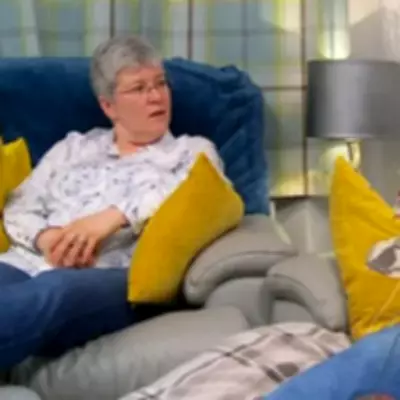
In a profoundly moving and courageous interview, Alyson Stoner, the former Disney Channel star known for her roles in Step Up and Cheaper by the Dozen, has broken her silence on the terrifying realities of life after child stardom. Her account is a harrowing exposé of obsessive stalkers, industry-wide sexualisation, and a desperate fight for personal safety and mental wellbeing.
A Childhood in the Spotlight, A Target for Obsession
Stoner, who began her career as a young dancer alongside Missy Elliott, describes a childhood stripped of normalcy and replaced with the intense, often sinister, gaze of the public. This visibility didn't just bring fame; it painted a target on her back. She reveals the chilling extent to which strangers have infiltrated her life, detailing incidents that sound like they're from a psychological thriller, not reality.
"The stalking has been relentless and multifaceted," Stoner explains. It goes far beyond fan mail, escalating into a campaign of terror that includes individuals travelling across countries to find her, attempting to break into her home, and making credible threats against her life. This constant state of alert has had a devastating impact on her mental health, leading to diagnoses of Complex Post-Traumatic Stress Disorder (C-PTSD).
The Trauma of Industry Sexualisation
Parallel to the threat from outsiders, Stoner confronts the trauma inflicted from within the entertainment industry itself. She speaks openly about being sexualised from a shockingly young age, a experience she says is horrifyingly common for child performers.
"You are transformed into a product, an object for consumption," she states. Adults in positions of power scrutinised and commented on her developing body, shaping her sense of self-worth around her marketability rather than her humanity. This early conditioning, she argues, creates a perfect storm of vulnerability that predators and obsessive individuals are keen to exploit.
Rejection and the Unravelling of an Obsessed Mind
A key insight from Stoner's testimony is the dangerous role of perceived rejection. She notes that many stalkers are individuals who have built a parasocial, one-sided relationship with her through a screen. Any interaction, or lack thereof, is filtered through this distorted lens.
A simple, polite refusal to engage or an unanswered message can be interpreted by an unstable individual as a profound personal betrayal, triggering a spiral of rage and dangerous behaviour. Stoner describes how this dynamic has forced her to live in a constant state of hyper-vigilance, assessing every interaction for potential threat.
Fighting Back and Reclaiming Control
Despite the profound challenges, Stoner's story is ultimately one of resilience. She is now channeling her traumatic experiences into advocacy and art. She is working to raise awareness about stalking laws and the need for better protection for public figures, particularly women who began their careers as children.
Through therapy, a strong support system, and her creative work, she is meticulously rebuilding the identity that was fractured by fame and trauma. Her mission is clear: to use her voice to protect others and to finally tell her own story on her own terms, breaking free from the narratives imposed upon her by both Hollywood and her tormentors.





